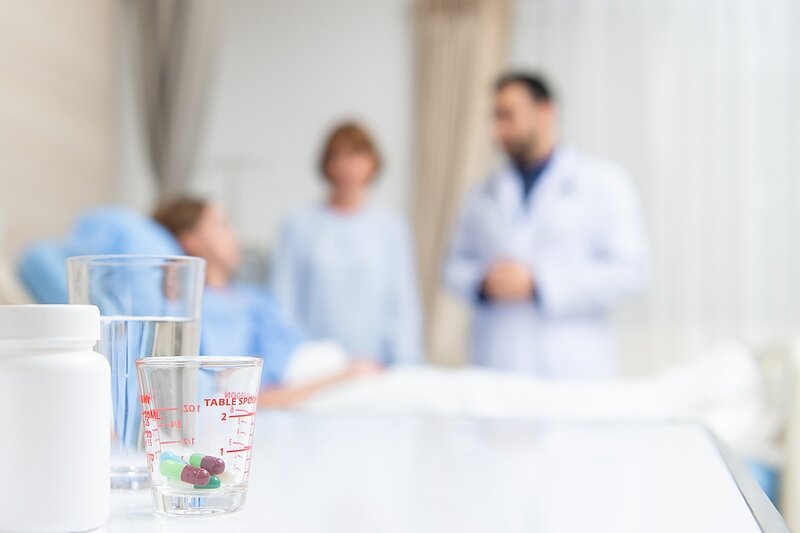Certain antibiotics double the risk of wound infection after surgery
Lucerne - A study led by the University of Lucerne shows that the risk of surgical wound infection is almost twice as high in combination with certain antibiotics. This applies to all non-beta-lactam antibiotics, which are often given as a prophylaxis in the case of suspected antibiotic allergy.
Before the prophylactic administration of non-beta-lactam antibiotics, patients with reported beta-lactam allergy should be carefully assessed, since this can also regress spontaneously. Whenever possible, all non-beta-lactam antibiotics against wound infections after surgery should be avoided.
The University of Lucerne reported these findings from a study, which was led by its professor Rami Sommerstein. He is a lecturer and research officer at the university as well as being a specialist in infectiology and hospital hygiene at the Hirslanden Klinik St. Anna. The study also involved employees from the Universities of Bern and Basel, the University Hospitals of Geneva, Basel and Bern as well as Hôpital de Sion.
Beta-lactam-based cephalosporin antibiotics, which include penicillins, are the standard for preventing wound infections in most surgical procedures. If an allergy to these antibiotics is suspected, non-beta-lactam-based antibiotics such as ciprofloxacin, clindamycin and vancomycin are often used.
In the cohort study comprising 348,885 patients from 175 Swiss hospitals, it was shown that the risk of surgical wound infection was almost twice as high on use of each of these drugs, regardless of the type of surgery. «The study results are of great clinical relevance,» the University of Lucerne said in its statement, «since in the majority of cases there is no actual allergy to cephalosporin beta-lactam antibiotics.»
This comprehensive investigation was possible because the National Centre for Infection Prevention Swissnoso has been carrying out standardized monitoring of surgical wound infections at Swiss hospitals for years on behalf of the Competence Centre for Quality Measurements ANQ.

